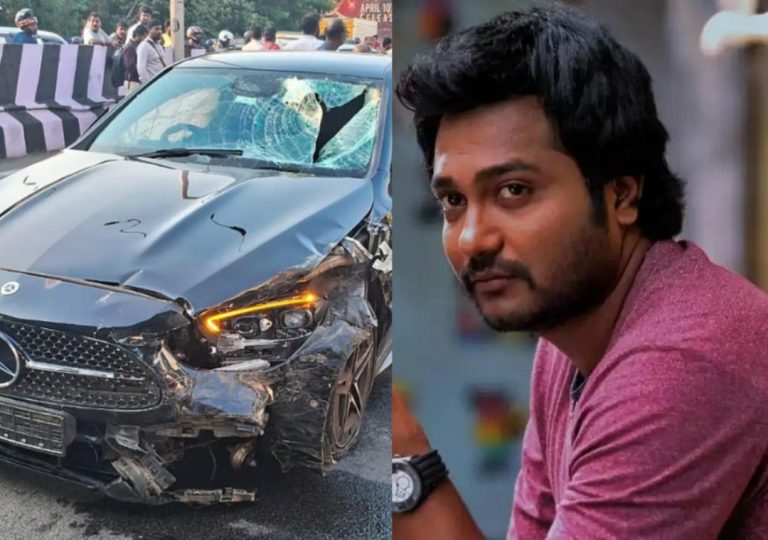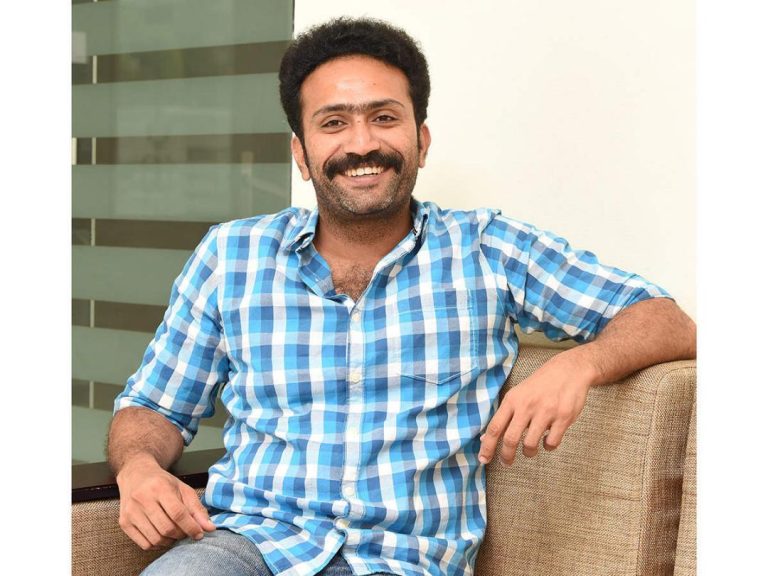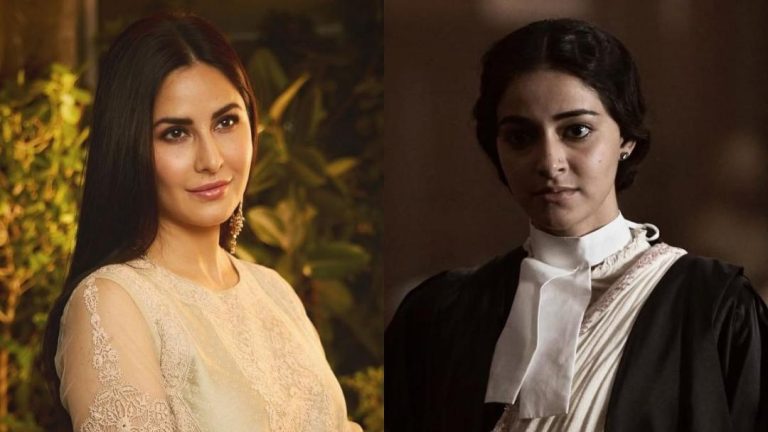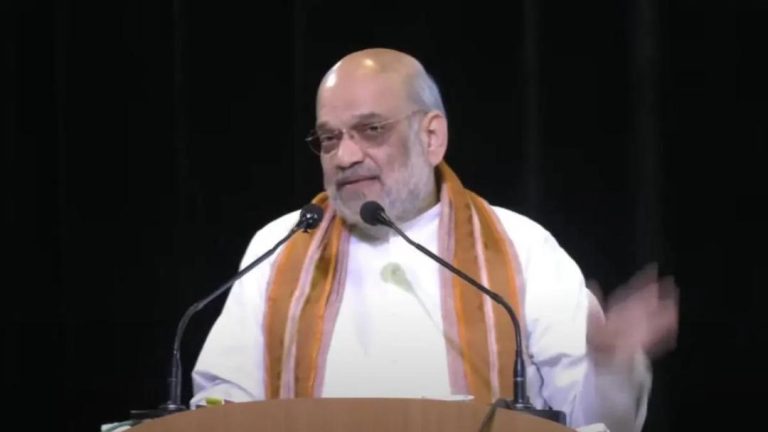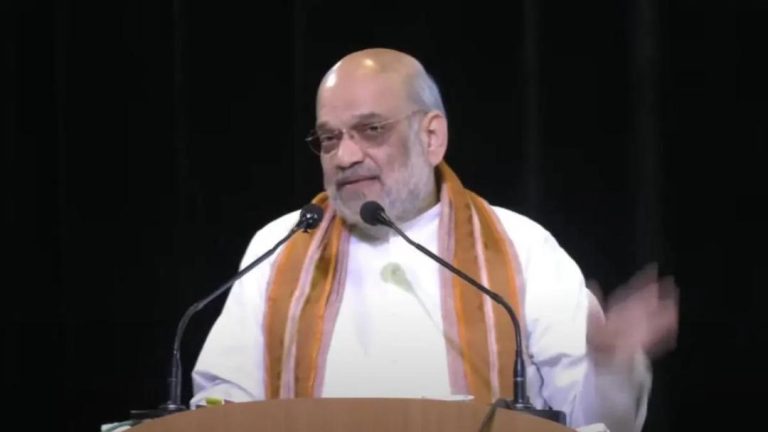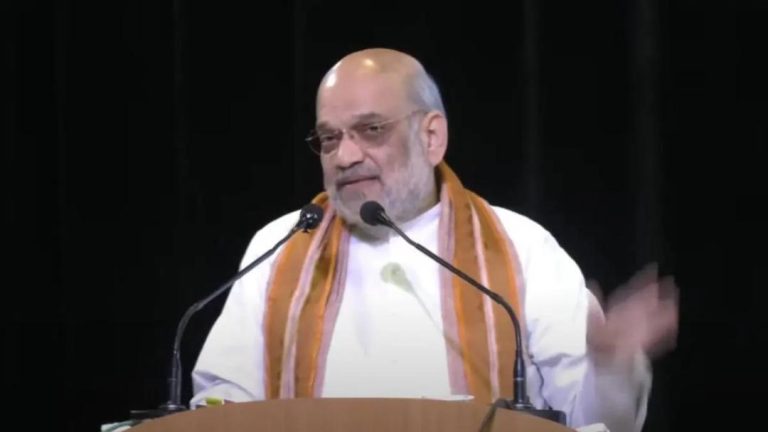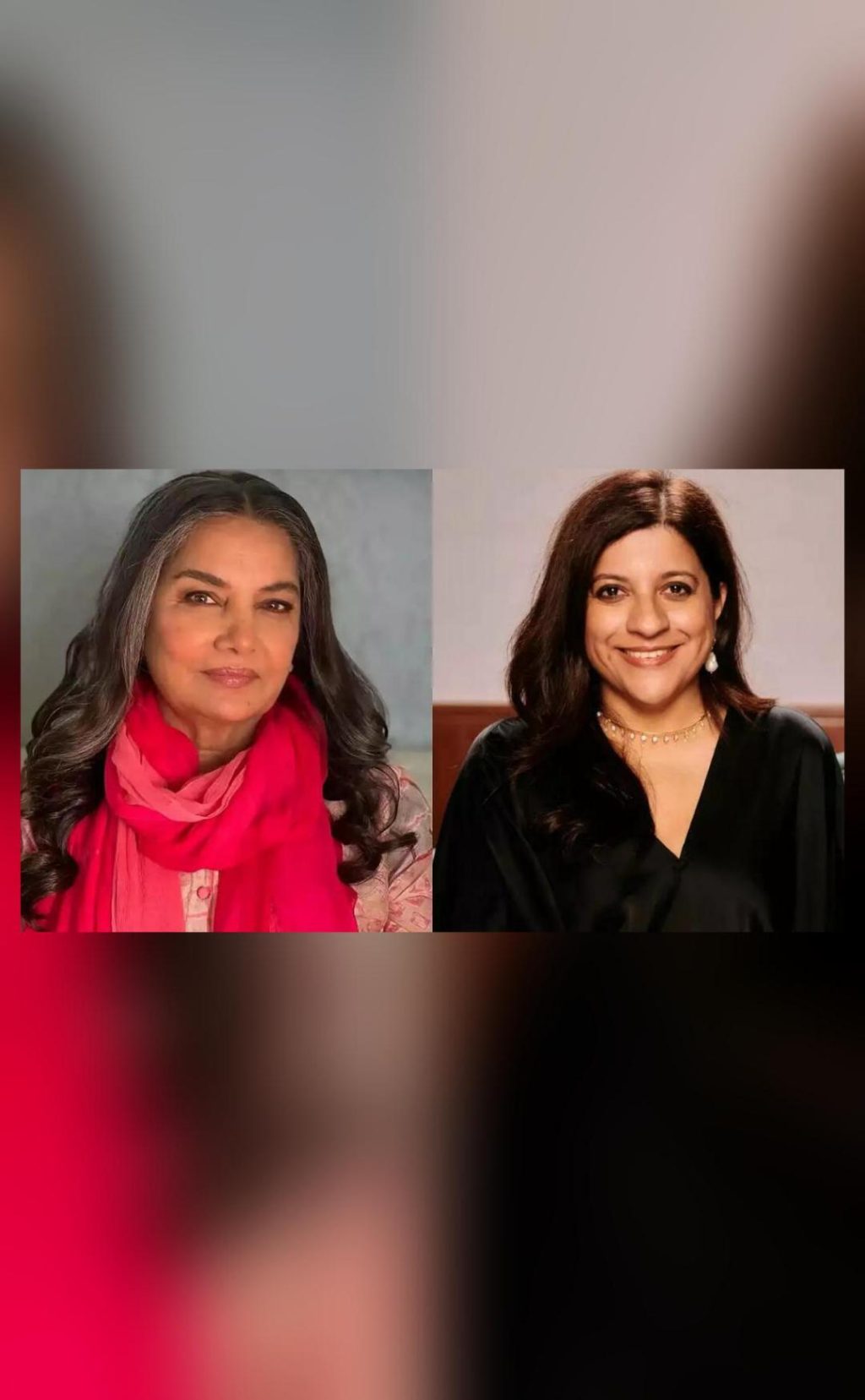
Title: Zoya doesn’t like being called ‘female director’: Shabana Azmi
In an exclusive interview with Pinkvilla, veteran actress Shabana Azmi opened up about her filmmaker step-daughter Zoya Akhtar’s views on being labeled as a “female director”. Shabana revealed that Zoya doesn’t like to be referred to as a “female director” and instead believes that nothing should be called “women-centric”. This statement has sparked a conversation about the lack of visibility for women in the film industry.
Shabana Azmi, who is known for her powerful performances on screen, has been a strong advocate for women’s rights and empowerment. Her step-daughter Zoya Akhtar is a renowned filmmaker, known for her critically acclaimed films like “Zindagi Na Milegi Dobara”, “Gully Boy”, and “Dil Dhadakne Do”. In her recent interview with Pinkvilla, Shabana shared her thoughts on Zoya’s views on being labeled as a “female director”.
“I have had many arguments with Zoya on this,” Shabana said. “She doesn’t like to be called a ‘female director’. She feels that it’s unnecessary to specify that she’s a female director. She believes that nothing should be called ‘women-centric’.” Shabana added, “I wonder about that. Because I feel there is so little visibility for women [who] are controlling the show.”
Shabana’s statement highlights the ongoing debate about the lack of representation and visibility for women in the film industry. Despite making significant strides in recent years, women are still underrepresented behind the camera and in front of it. According to a study by the Celluloid Ceiling, women comprised only 28.4% of all directors, writers, editors, and producers working on the top 250 films of 2020. This lack of representation can perpetuate harmful stereotypes and limit opportunities for women.
Shabana’s disagreement with Zoya’s views on being labeled as a “female director” is rooted in her own experiences as a woman in the film industry. As a pioneering actress, Shabana has faced her fair share of challenges and biases throughout her career. She has spoken publicly about the importance of representation and visibility for women in the industry.
“I think it’s important to recognize the achievements of women in the film industry,” Shabana said in an interview with The Indian Express. “We need to celebrate our successes and also acknowledge the struggles we’ve faced. It’s not just about being a woman, it’s about being talented and having a good story to tell.”
Shabana’s support for women’s rights and empowerment is well-documented. She has been a vocal advocate for women’s issues, including the struggles faced by women in the film industry. Her advocacy work has inspired countless women to pursue careers in the arts and beyond.
Zoya Akhtar, on the other hand, has been quietly working behind the scenes to create change in the industry. Her films often focus on complex, nuanced characters and storylines that challenge societal norms. Her critically acclaimed film “Gully Boy”, which won several awards, including the National Film Award for Best Feature Film, tells the story of a young rapper from the streets of Mumbai.
Despite their differing views, Shabana and Zoya share a deep respect for each other’s work. Shabana has often spoken about her pride in Zoya’s accomplishments and has praised her for her unique storytelling style.
“I think Zoya is a fantastic director,” Shabana said in an interview with The Times of India. “She has a unique vision and a way of telling stories that is all her own. I’m so proud of her and everything she’s achieved.”
In conclusion, Shabana Azmi’s statement highlights the ongoing debate about the lack of representation and visibility for women in the film industry. While Zoya Akhtar may not like being labeled as a “female director”, Shabana believes that it’s important to recognize the achievements of women in the industry. As we continue to push for greater representation and visibility for women, it’s essential to recognize the contributions of women like Shabana and Zoya, who are working tirelessly to create change.
